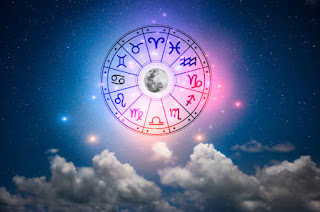Search This Blog
money saving tips for canadians, best saving tips for canadians of all ages. MoneySavings and Canadian news, financial news
Featured
article
- Get link
- X
- Other Apps
Israel Pounds Central Gaza Camps, Deepens Invasion of Rafah

Israeli forces intensified their military operations in the central Gaza Strip, resulting in casualties and displacement. According to medics, three people were killed, and dozens were wounded during overnight airstrikes. Tanks also deepened their invasion into Rafah in the south, prompting residents to flee.
In Al-Nuseirat camp, Israeli planes struck a house, killing two people and wounding 12 others. Tanks shelled areas in Al-Maghazi and Al-Bureij camps, causing further injuries. These camps hold historical significance as part of Gaza’s refugee communities.
Deir al-Balah, another city in central Gaza, witnessed an Israeli airstrike that killed one Palestinian and injured several others. The Israeli military claims these operations are “precise, intelligence-based” activities targeting militants and military infrastructure.
Rafah, near the border with Egypt, has borne the brunt of the conflict. Israeli tanks have taken control of most areas, forcing families to flee northward. The city, which once housed over half of Gaza’s population, now has fewer than 100,000 residents. Despite international efforts, a cease-fire remains elusive.
The ongoing conflict continues to devastate lives, leaving civilians caught in the crossfire. As the situation unfolds, the world watches, hoping for a peaceful resolution to this protracted crisis.
Popular Posts
Your lookahead horoscope for the week: March 31, 2024
- Get link
- X
- Other Apps
Stock Market Today: Apple Earnings Boost Spirits Amid Soft Jobs Report
- Get link
- X
- Other Apps


Comments
Post a Comment